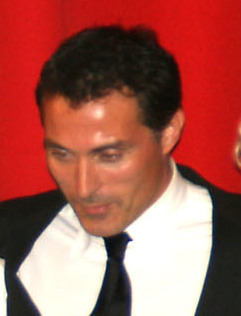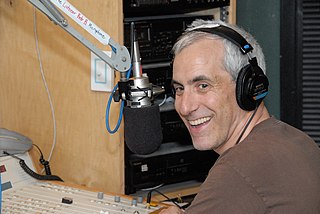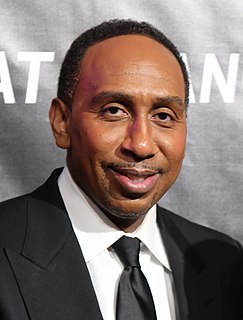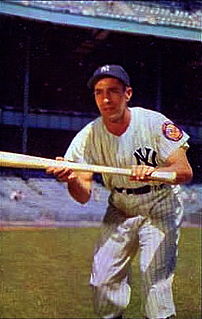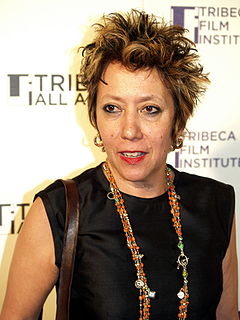A Quote by Rufus Sewell
I'm not fussy about the medium I work in. I'll do television radio, you know. I have to, because that's the only way I can do continually good roles.
Related Quotes
Variety is very, very good. Going from medium to medium, if you get the chance to do it, from theater to television to film, which are all distinctly different, keeps me sharp. What works in one doesn't work in the other, and you have to be looking for the truth of the performance, whatever way that medium might demand.
I did a good bit of episodic television directing, but directing a movie is so much more complicated. And there's so much more responsibility because the medium is very much a director's medium. Television is much more of a producer's writer's medium so a lot of the time when you're directing a television show they have a color palette on set or a visual style and dynamic that's already been predetermined and you just kind of have to follow the rules.
When you think about advertising, it's understanding that whether it's newspaper, radio, or television, you have to know how to advertise, how to market, because ultimately, everything comes down to ratings and revenue or ratings and subscribers and revenue, whether it's newspapers or radio or television.
The reason I live in America is because I mean literally every six or seven years I've done something in England. The last lead I had in an English film I did was 1998. So that's why I live here. It's because I get more work. I'll travel back for radio, you know what I mean. I've just got to consider myself to be living in the middle of the ocean, and that way I have a really nice career, if I'm prepared to do television, radio, theater, and film.
